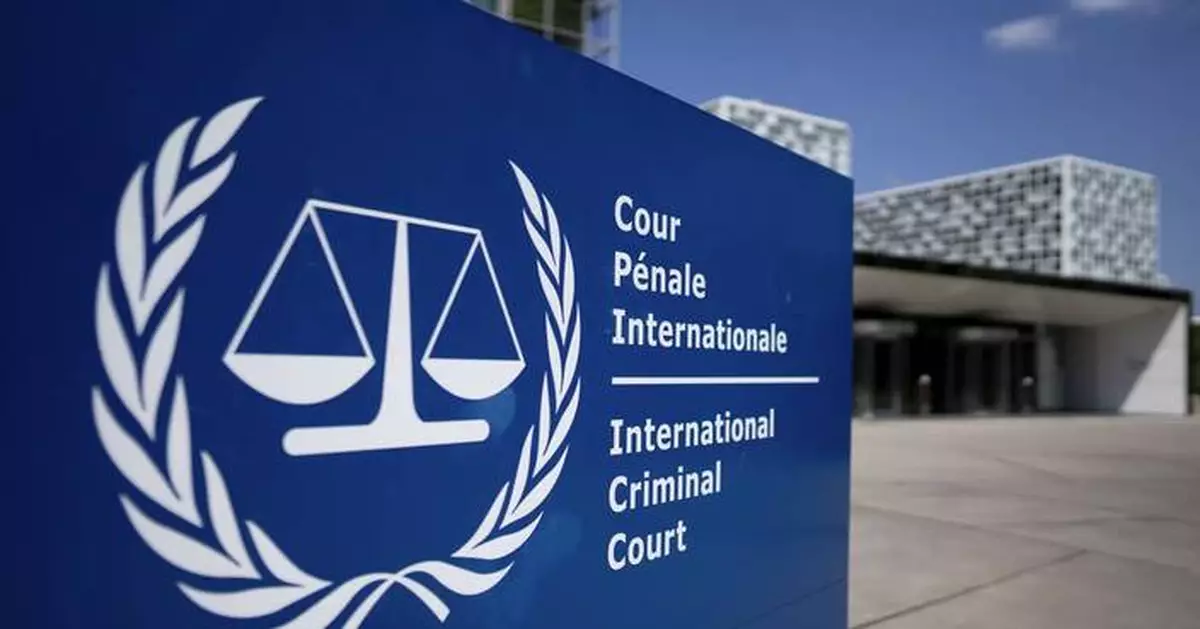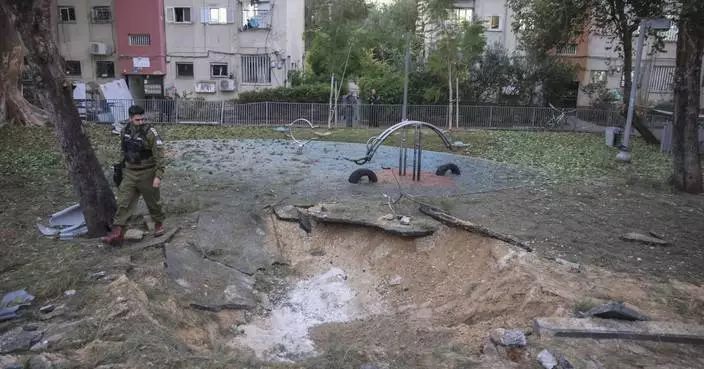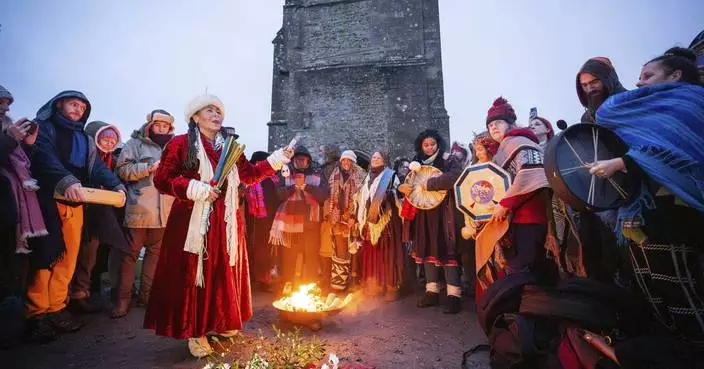THE HAGUE, Netherlands (AP) — The International Criminal Court unsealed arrest warrants Friday for six men allegedly linked to a brutal Libyan militia blamed for multiple killings and other crimes in a strategically important western town where mass graves were discovered in 2020.
Libya has been in political turmoil since a NATO-backed uprising toppled and killed longtime dictator Moammar Gadhafi in 2011. Since then, Libya has been split between rival administrations in the east and the west, each backed by militias and foreign governments.
ICC Prosecutor Karim Khan said his investigation has gathered evidence “indicating that Tarhunah residents have been subjected to crimes amounting to war crimes, including murder, outrages upon personal dignity, cruel treatment, torture, sexual violence, and rape.”
The court unsealed warrants against six men: Abdelrahim al-Kani, Makhlouf Douma, Nasser al-Lahsa, Mohammed Salheen, Abdelbari al-Shaqaqi and Fathi al-Zinkal.
Khan said that three of the suspects were leaders or senior members of the Al Kaniyat militia that controlled Tarhunah from at least 2015 to June 2020, and three others were Libyan security officials associated with the militia at the time of the alleged crimes.
Warrants for four of the suspects were issued in April 2023 and two more in July of that year but were kept under seal.
“It is now my view that arrest and surrender can be achieved most effectively through the unsealing of these warrants,” Khan said in a statement.
The mass graves were found in Tarhunah after the militia’s withdrawal following the collapse of a 14-month campaign by military commander Khalifa Hifter to wrest control of Tripoli from an array of militias allied with the former U.N.-recognized government.
The ICC does not have a police force and relies on cooperation from its 124 member states to enforce arrest warrants. Khan said his office is “seeking to work closely with Libyan authorities so that these individuals can face the charges against them in a court of law” and working with court officials to seek their arrest.
The court opened an investigation in Libya in 2011 at the request of the U.N. Security Council. It quickly issued warrants for suspects including former dictator Gadhafi, but he was killed before he could be detained and sent for trial. Gadhafi's son, Saif Al-Islam Gadhafi, also is wanted by the court.
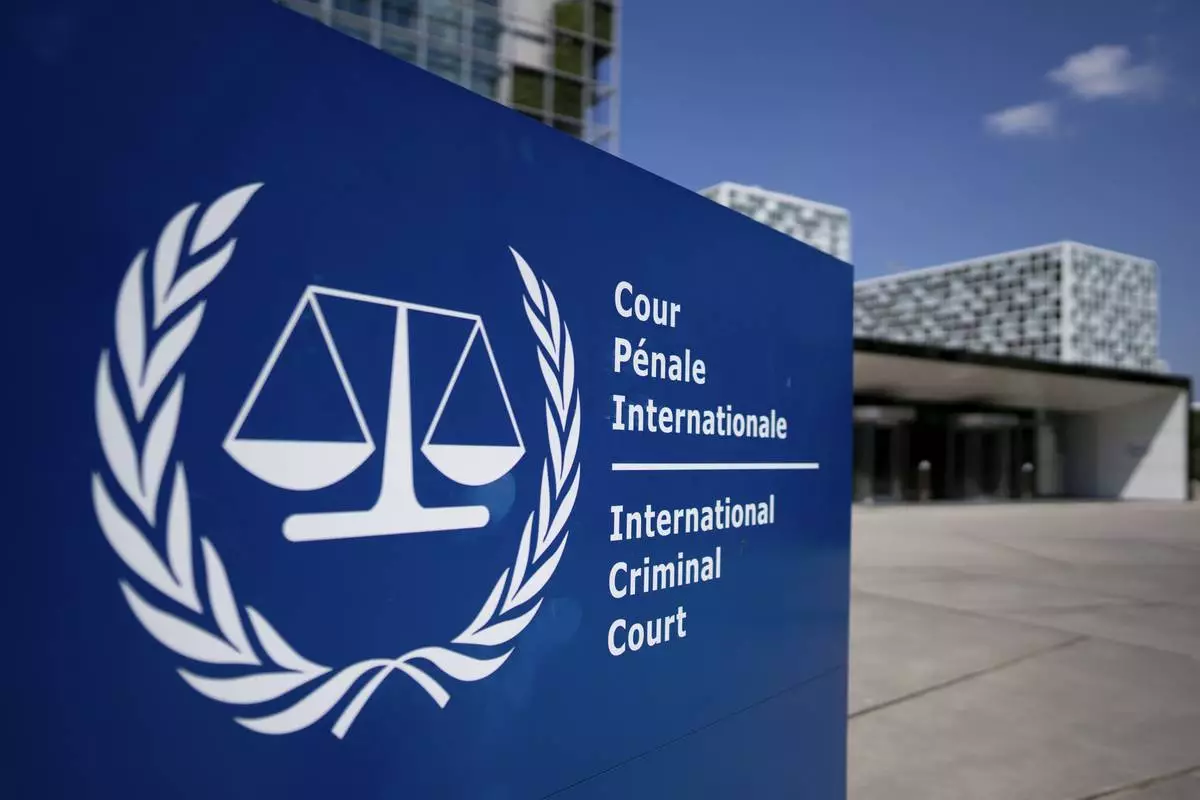
FILE - A view of the International Criminal Court in The Hague, Netherlands, Wednesday, June 26, 2024. (AP Photo/Peter Dejong, File)
MAGDEBURG, Germany (AP) — Germany on Saturday was still in shock and struggling to understand the suspect behind the attack in the city of Magdeburg.
Identified by local media as 50-year-old Taleb A., a psychiatry and psychotherapy specialist, authorities said he has been living in Germany for two decades. He was arrested on site after plowing a black BMW into a Christmas market crowded with holiday shoppers Friday evening, killing at least five people and wounding about 200 others.
Prominent German terrorism expert Peter Neumann posted on X that he had yet to come across a suspect in an act of mass violence with that profile.
Taleb’s X account is filled with tweets and retweets focusing on anti-Islam themes and criticism of the religion while sharing congratulatory notes to Muslims who left the faith. He also described himself as a former Muslim.
He was critical of German authorities, saying they had failed to do enough to combat the “Islamism of Europe.”
He has also voiced support for the far-right and anti-immigrant Alternative for Germany (AfD) party.
Some described Taleb as an activist who helped Saudi women flee their homeland. Recently, he seemed focused on his theory that German authorities have been targeting Saudi asylum seekers.
Neumann, the terrorism expert, wrote: “After 25 years in this ‘business’ you think nothing could surprise you anymore. But a 50-year-old Saudi ex-Muslim who lives in East Germany, loves the AfD and wants to punish Germany for its tolerance towards Islamists — that really wasn’t on my radar."
On Saturday, German Interior Minister Nancy Faeser told reporters: “At this point, we can only say for sure that the perpetrator was evidently Islamophobic – we can confirm that. Everything else is a matter for further investigation and we have to wait.”
A German-based organization called Athiest Refugee Relief said the alleged attacker was not a part of the group and claimed that he made “numerous accusations and claims” against it and former board members, which it said were false.
“We distance ourselves from him in the strongest terms," the group said in a statement on its website, adding that members of Atheist Refugee Relief filed a criminal complaint against him in 2019 following “the most foul slander and verbal attacks."
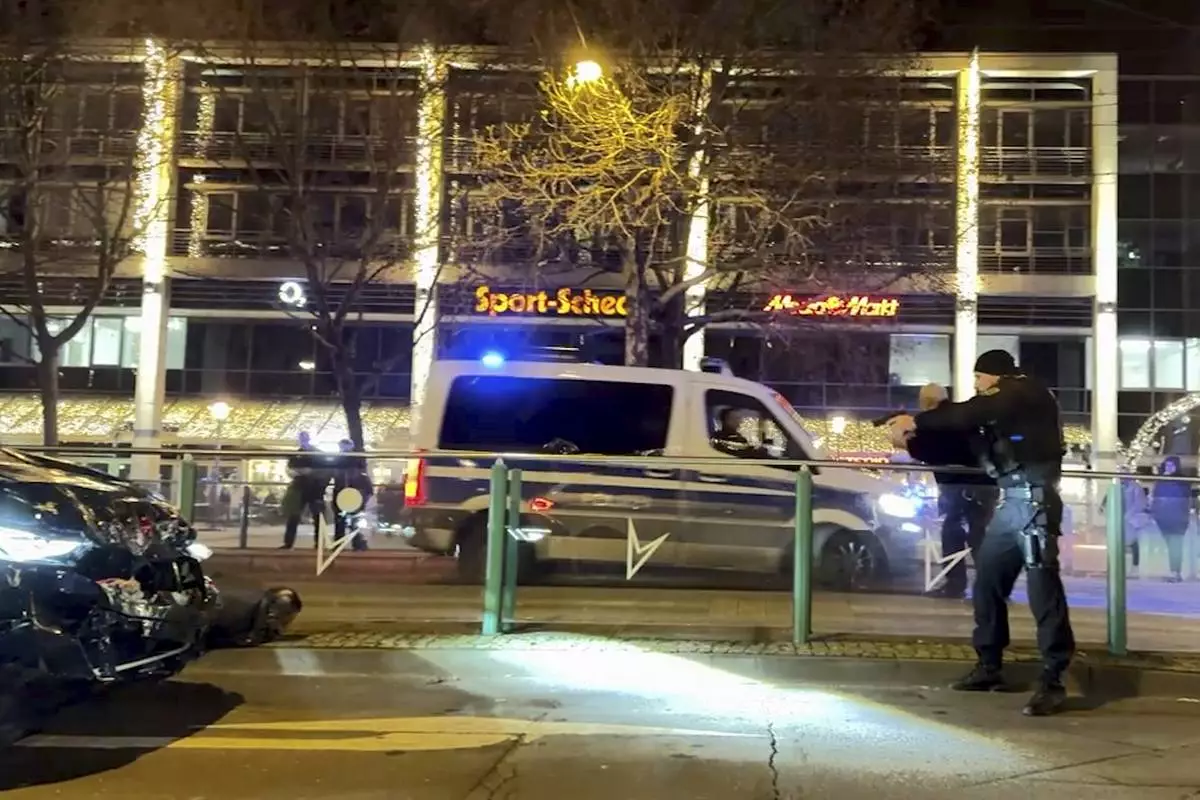
An image taken from a video shows police officers arresting a suspect after car drove into a crowd at the Christmas market in Magdeburg, Germany, Friday Dec. 20, 2024. (TNN/DPA via AP)
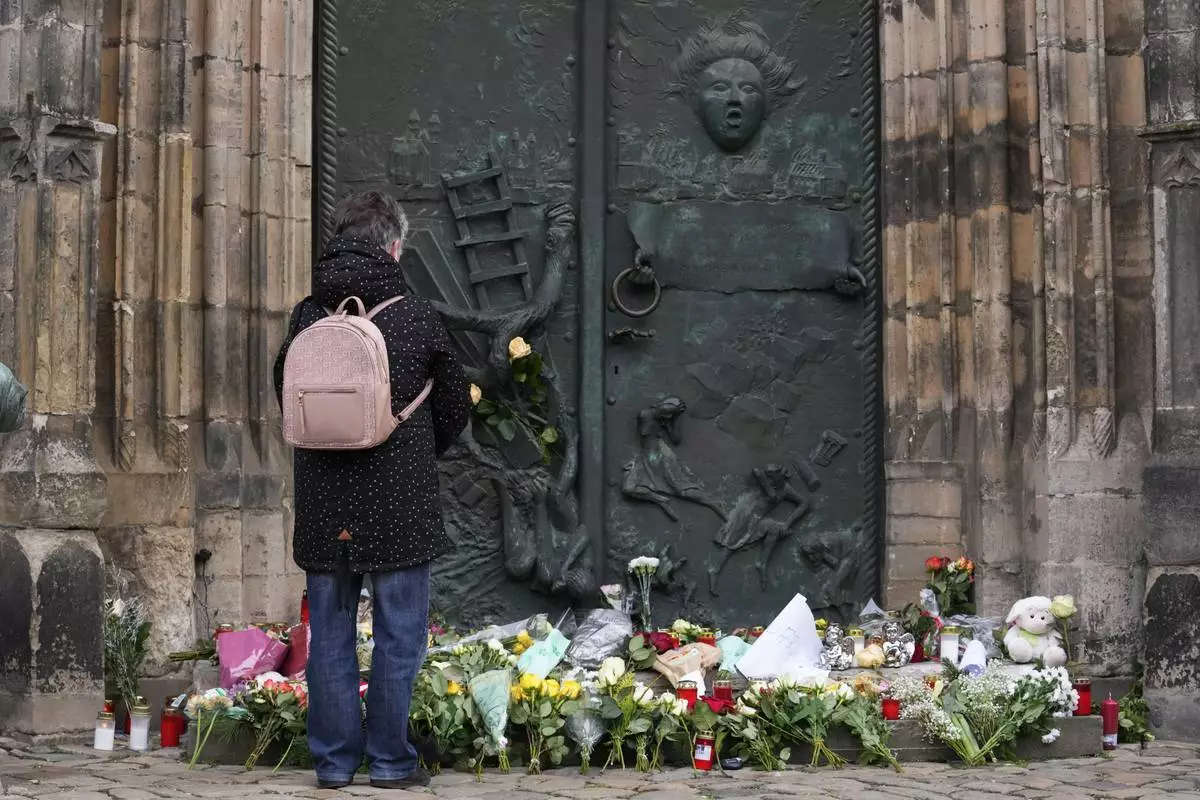
A person stands by flowers and candles placed outside St. John's Church near a Christmas Market, where a car drove into a crowd on Friday evening, in Magdeburg, Germany, Saturday, Dec. 21, 2024. (AP Photo/Ebrahim Noroozi)



